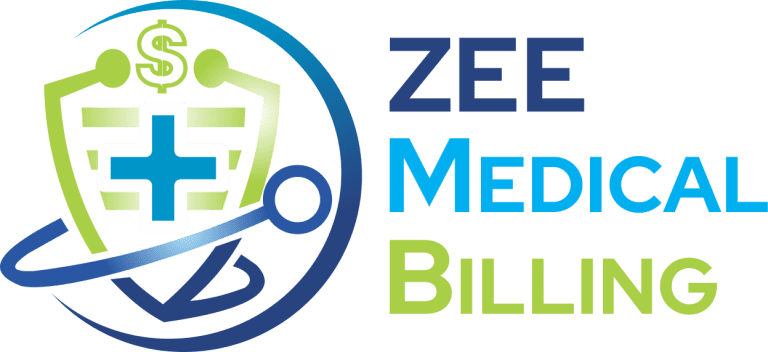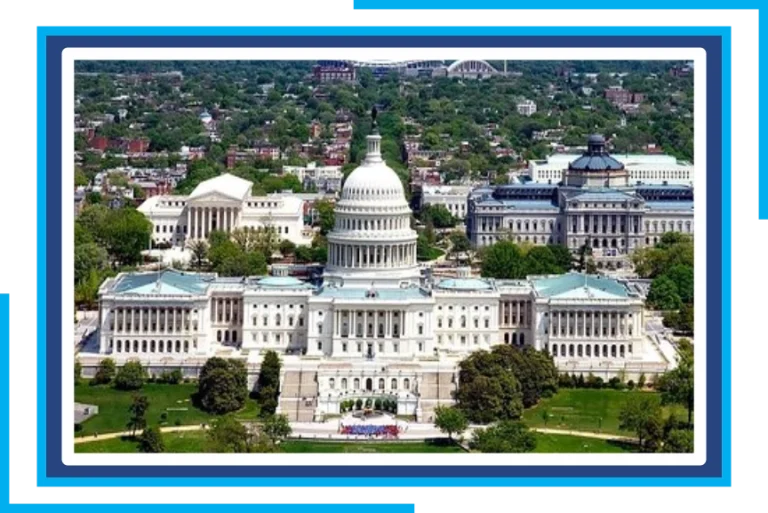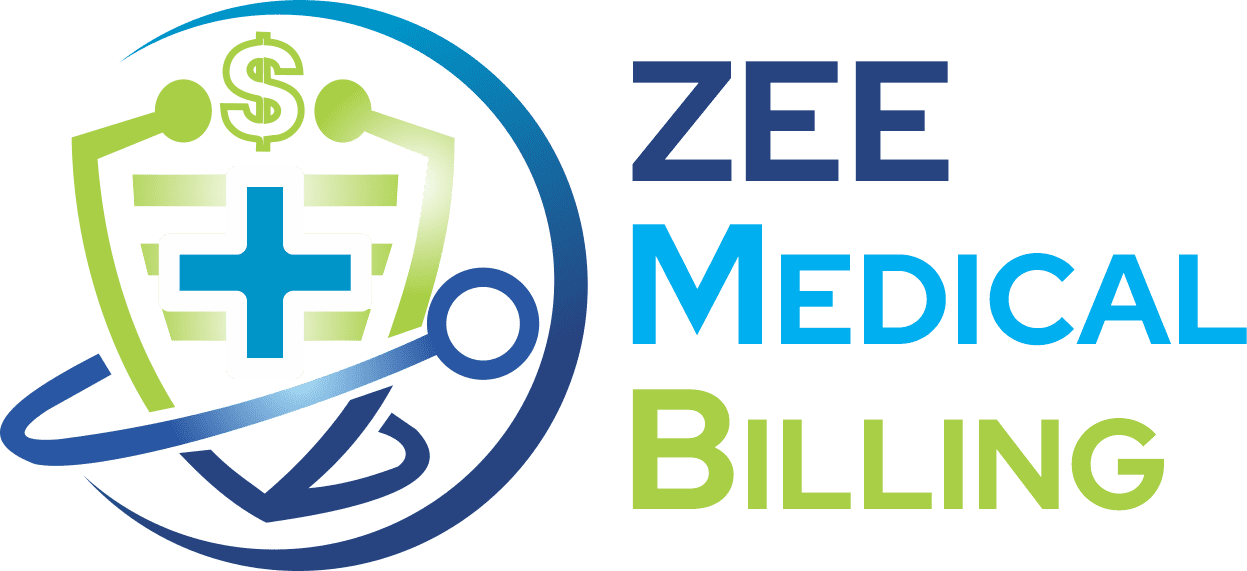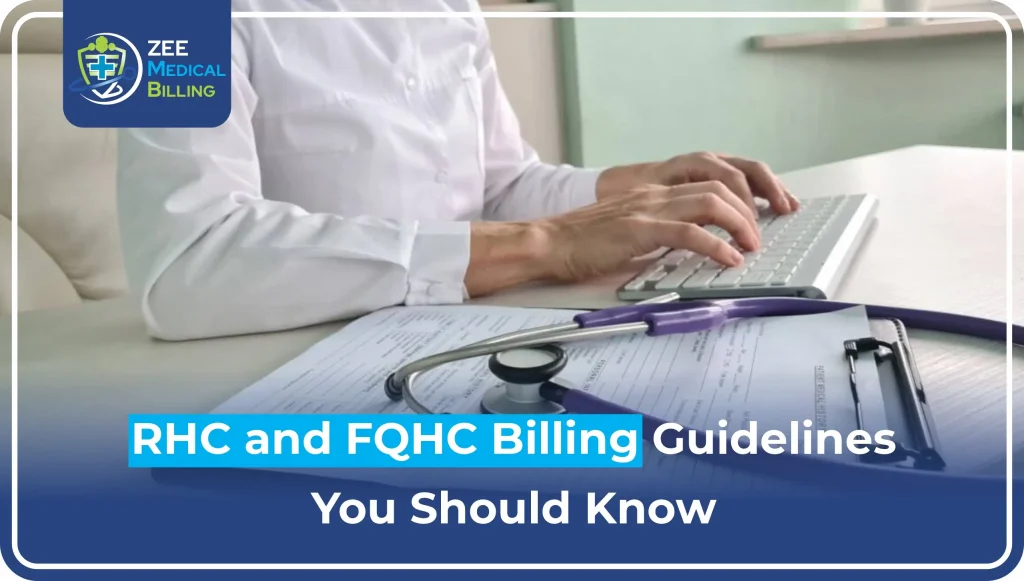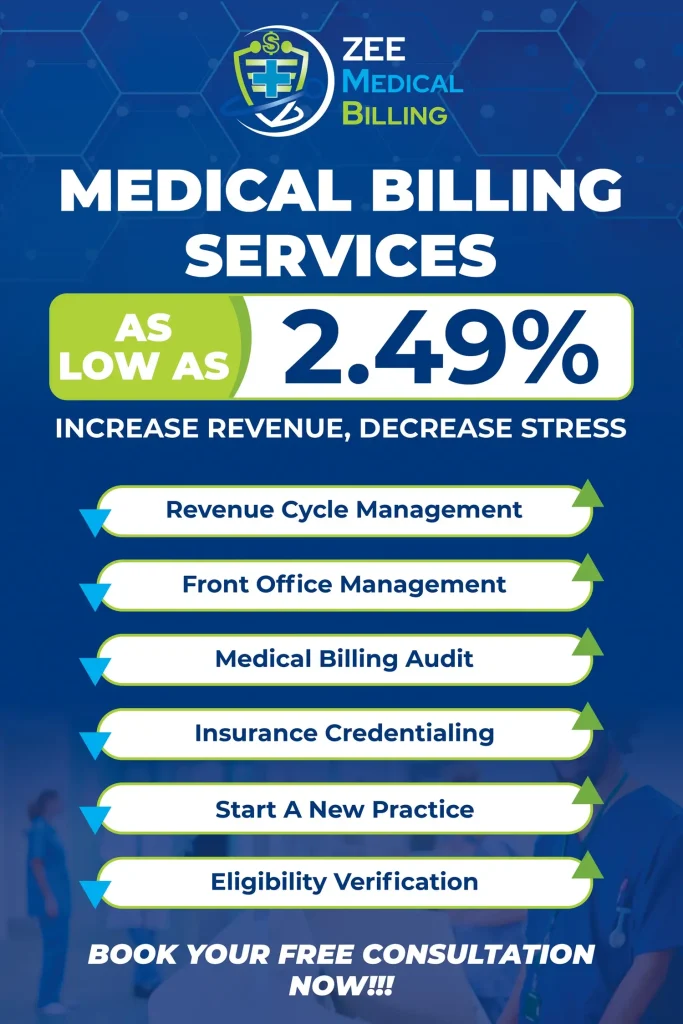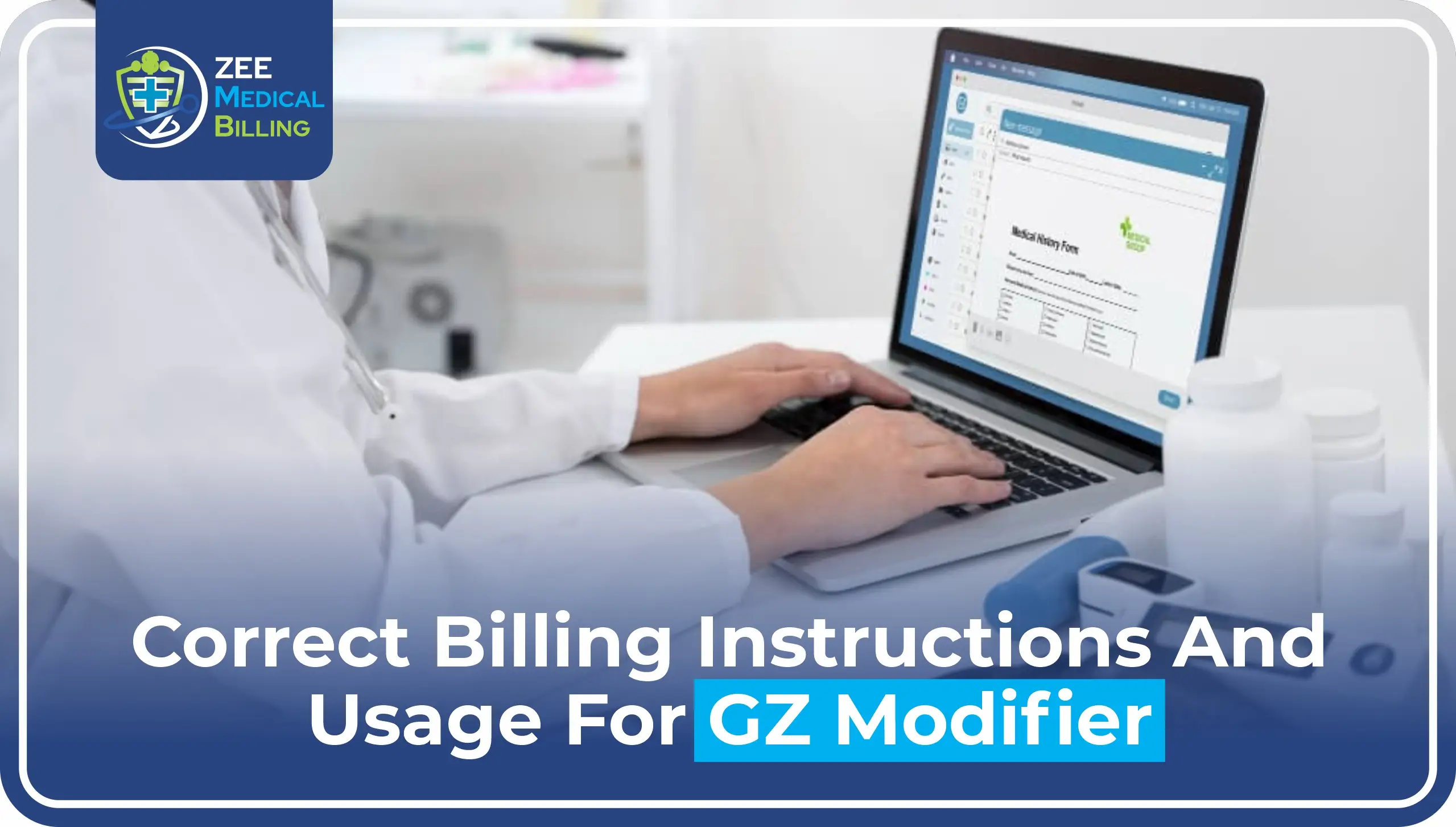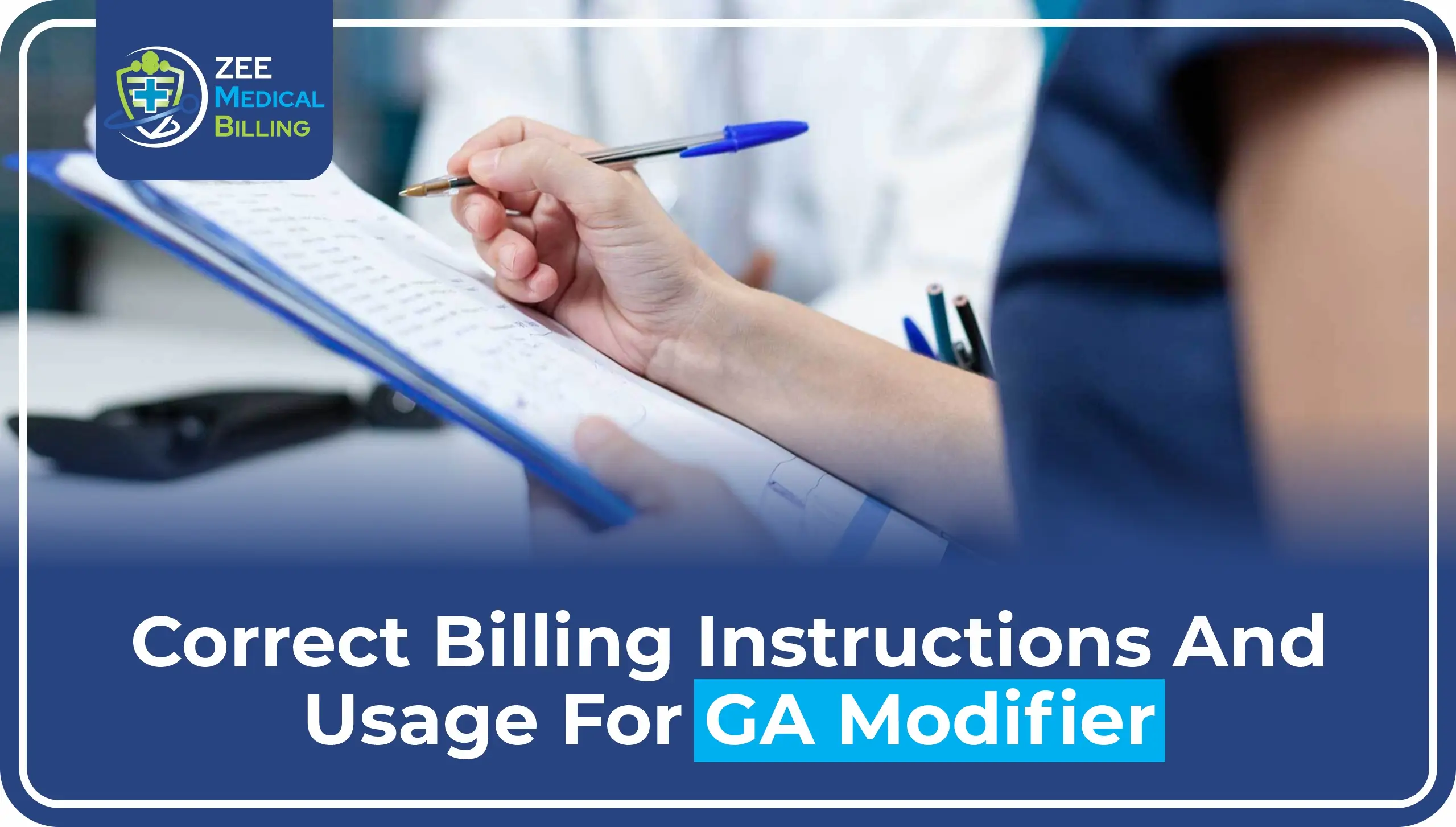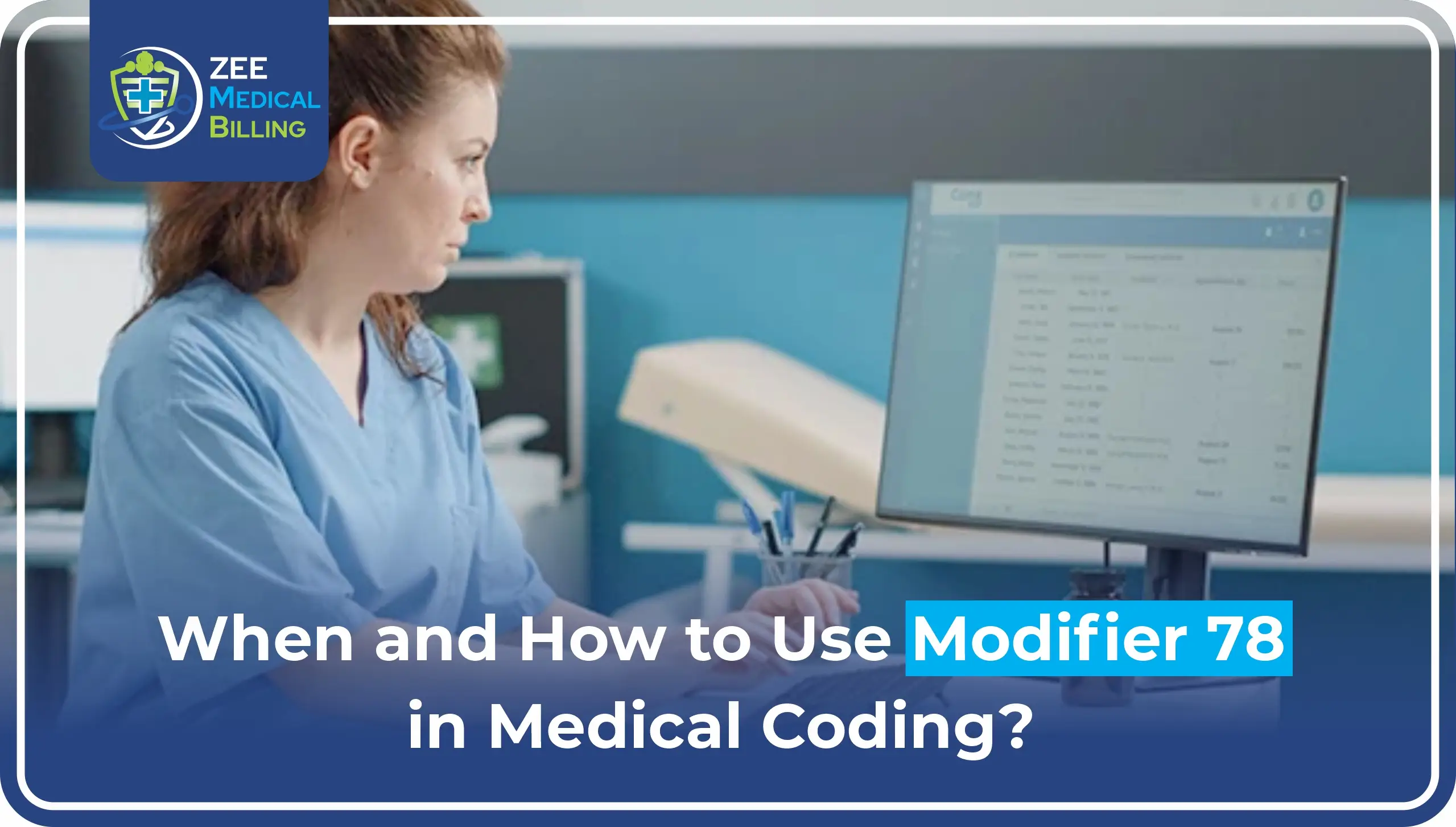Billing for Rural Health Clinics (RHCs) and Federally Qualified Health Centers (FQHCs) requires a solid understanding of specialized rules, reimbursement structures, and compliance requirements. These healthcare providers play a critical role in serving underserved communities, but navigating the billing process can be complex.
In this blog, we’ll walk through the essential RHC and FQHC billing guidelines, highlight common challenges, and offer practical insights to help you stay compliant and optimize revenue.
What Are RHCs and FQHCs?
Rural Health Clinics (RHCs) and Federally Qualified Health Centers (FQHCs) are designed to provide accessible, affordable healthcare to underserved rural and urban populations. They receive enhanced reimbursement through Medicare and Medicaid, but they must meet specific billing requirements in exchange.
Understanding the core differences is key to billing correctly:
- RHCs typically serve rural communities and are reimbursed using an all-inclusive rate (AIR).
- FQHCs serve both urban and rural areas, with a reimbursement model based on a Prospective Payment System (PPS).
Key RHC Billing Guidelines
RHC billing involves a unique set of requirements compared to traditional fee-for-service models. Here’s what providers must keep in mind:
All-Inclusive Rate (AIR)
RHCs are reimbursed under an AIR per visit, covering all medically necessary services rendered during a single patient encounter.
Core Services Covered
- Physician services
- Nurse practitioner or physician assistant services
- Clinical psychologist or social worker services
- Visiting nurse home care (in certain cases)
Medicare and Medicaid Billing
RHCs must use the UB-04 form and report HCPCS codes for Medicare, although reimbursement is based on encounters. Medicaid billing varies by state, so staying updated with local guidelines is essential.
Common RHC Billing Pitfalls
- Incomplete or inaccurate encounter documentation
- Billing for services not covered under the RHC scope
- Incorrect usage of modifier codes
Staying aligned with rural health clinic billing guidelines helps avoid claim denials and ensures proper reimbursement.
FQHC Billing Guidelines Overview
Billing for FQHCs is slightly more complex due to the Prospective Payment System (PPS) and state-specific Medicaid policies.
What Is PPS?
Under PPS, FQHCs are reimbursed at a fixed rate per qualified patient visit. This rate is intended to cover the cost of providing comprehensive care, including preventive services.
Essential FQHC Services That Can Be Billed
- Medical visits
- Mental health services
- Dental and vision care (if within the approved scope of service)
- Preventive care, such as immunizations and screenings
Medicare Billing for FQHCs
Medicare FQHC claims are submitted on a UB-04 form using specific G-codes representing the visit type. Unless there is a separate, qualifying mental health service, only one visit per day per patient is generally reimbursed.
Medicaid Billing for FQHCs
Each state Medicaid program has its own rules for FQHC billing, which may or may not follow PPS. It’s important to check with your state’s Medicaid office for the most accurate and current guidelines.
FQHC Billing Challenges
- Defining qualifying encounters
- Properly applying G-codes
- Reconciling federal guidelines with state-specific rules
Compliance Tips for FQHC Billing
Compliance plays a major role in successful FQHC revenue cycle management. Here are a few practical tips:
- Document Everything: Accurate, complete patient records support billing integrity.
- Use Correct G-Codes: These define the type of visit and are essential for correct reimbursement.
- Stay Informed: Regulatory updates can affect billing practices and reimbursement rates.
- Train Your Staff: Ongoing training on FQHC billing services is critical to reducing errors and staying compliant.
Understanding RHC vs. FQHC Billing Differences
| Feature | RHC Billing | FQHC Billing |
| Reimbursement Method | All-Inclusive Rate (AIR) | Prospective Payment System (PPS) |
| Medicare Billing Form | UB-04 | UB-04 |
| Use of HCPCS Codes | Yes | Yes (specific G-codes) |
| Visit Limits | One per day | One per day (exceptions apply) |
| Medicaid Billing Variation | Yes (state-specific) | Yes (state-specific) |
How Does Zee Medical Billing Help?
At Zee Medical Billing, we understand the intricacies of RHC billing services and FQHC medical billing. Our experienced team helps rural and community health centers improve claim accuracy, reduce denials, and stay compliant with today’s rural health billing solutions.
Our deep knowledge of the FQHC revenue cycle enables us to streamline your billing process while ensuring full compliance at every stage.
We work exclusively with healthcare providers like you—so you can focus on delivering care while we manage your billing efficiently and professionally.
Frequently Asked Questions
1. What is the difference between RHC and FQHC billing?
RHC billing uses an All-Inclusive Rate (AIR) per visit, while FQHC billing follows a Prospective Payment System (PPS) and involves specific G-codes.
2. How often can RHC or FQHC services be billed?
Generally, one encounter per patient per day is allowed unless additional qualifying services—such as mental health—are provided.
3. What form is used for billing Medicare in RHC and FQHC?
Both RHC and FQHC Medicare claims are submitted using the UB-04 form. However, FQHCs must also use appropriate G-codes to specify the visit type.
4. How can FQHCs stay compliant with billing regulations?
Key to compliance is maintaining up-to-date documentation, using correct codes, regularly training staff, and staying informed about CMS and state updates.
5. What are the key services covered under RHC and FQHC billing?
Primary care, behavioral health, and preventive services are typically covered. The services must be within the clinic’s approved scope.
Conclusion
RHC and FQHC billing isn’t just a back-office task—it’s a strategic part of your healthcare practice. Understanding how to bill accurately, staying compliant, and adapting to changing regulations are critical to financial health.
Zee Medical Billing is committed to helping providers navigate the complexities of federally qualified health center billing and rural health clinic billing with professionalism, precision, and care.
If you’re seeking expert support to manage your billing, Zee Medical Billing is here to help—every step of the way.
Need Expert Medical Billing Services?
Zee Medical Billing provides professional billing solutions tailored to healthcare providers across the United States. In addition to offering top-tier support from our main office, we proudly serve clients in Illinois, Indiana, California, Kentucky, New York, Washington, Georgia, Alabama, South Carolina, Texas, Pennsylvania, Ohio, New Hampshire, Nevada, Massachusetts, Hawaii, Arizona, and Colorado! Whether you’re looking to streamline your revenue cycle or improve claims accuracy, you can reach out to us to learn more about how we can support your practice.
